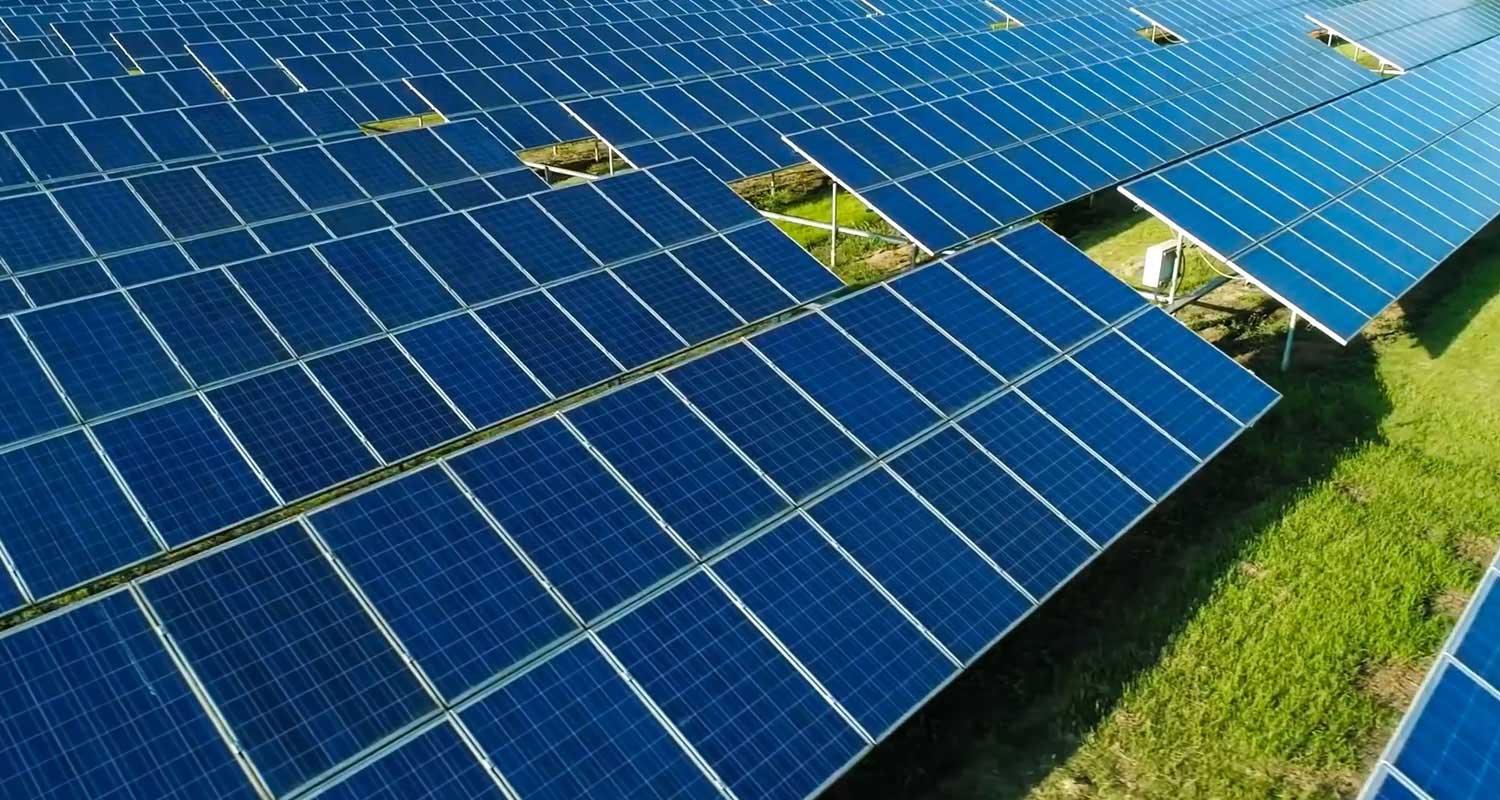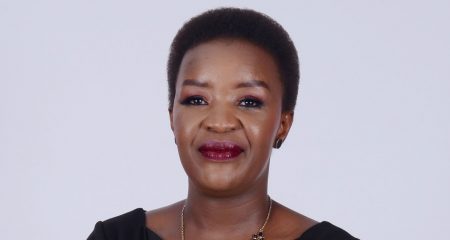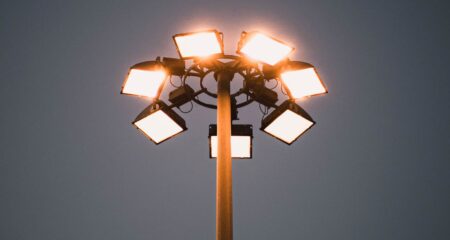 Government has loosened local content requirements for solar panels and kicked off a review of plans for the nation’s energy mix.
Government has loosened local content requirements for solar panels and kicked off a review of plans for the nation’s energy mix.
The 100% local content requirement for materials in solar panels has been cut to 30% in a bid to accelerate new generation capacity, the National Energy Crisis Committee said in a report published on the presidency’s website.
South Africa is considering changes to its 2019 Integrated Resource Plan — an infrastructure blueprint for its ailing electricity sector. The country is suffering its worst-ever power cuts, with blackouts of as long as 12 hours a day imposed by state-owned Eskom to protect the grid from collapse.
Completion of the review is targeted for March and will reflect South Africa’s power-generation needs and climate commitments, according to the committee known as Necom, which is run by the office of President Cyril Ramaphosa.
Eskom, which produces almost all the nation’s electricity, has implemented blackouts every day so far in 2023 as its ageing, mostly coal-fired power plants fail. As much as 6GW of extra capacity is needed to secure the system and end outages, according to André De Ruyter, the utility’s outgoing CEO.
Agreements for 1.8GW of new capacity have been signed under the so-called fifth bid window of the country’s renewable energy programme, and a “pragmatic approach” to local content rules will help ensure construction starts on time, Necom said. The government has faced criticism in the past for its localisation policies.
Read: The price of solar panels is set to plunge
An immediate measure to ease blackouts will see the government buy surplus capacity — some 162MW have been identified — from independent power producers, the committee said, without giving a timeframe. A request for battery-storage proposals will also be released “shortly”, with another for gas power due by March, it said.
Read: Scale of SA’s green energy goal: 166 million solar panels
Eskom’s outage funding for the financial year ending March 2023 has been increased to R9.5-billion from R8.2-billion, Necom said. — Prinesha Naidoo, with Antony Sguazzin and Paul Burkhardt, (c) 2023 Bloomberg LP




